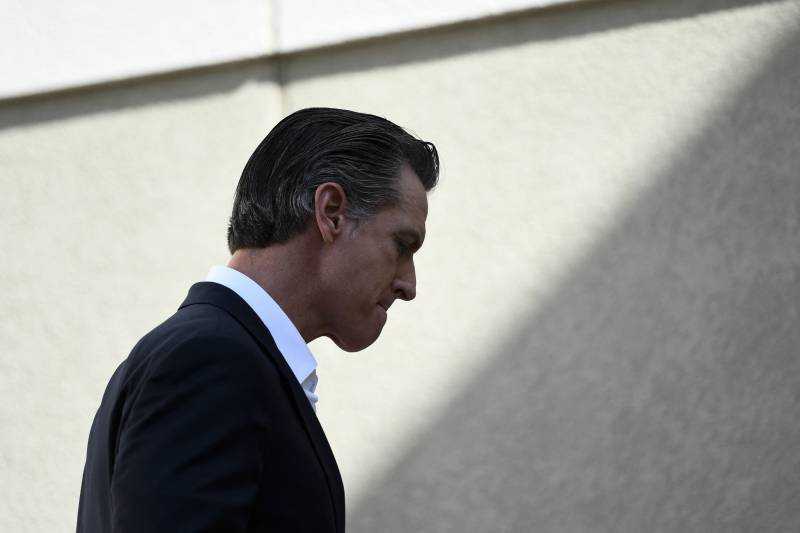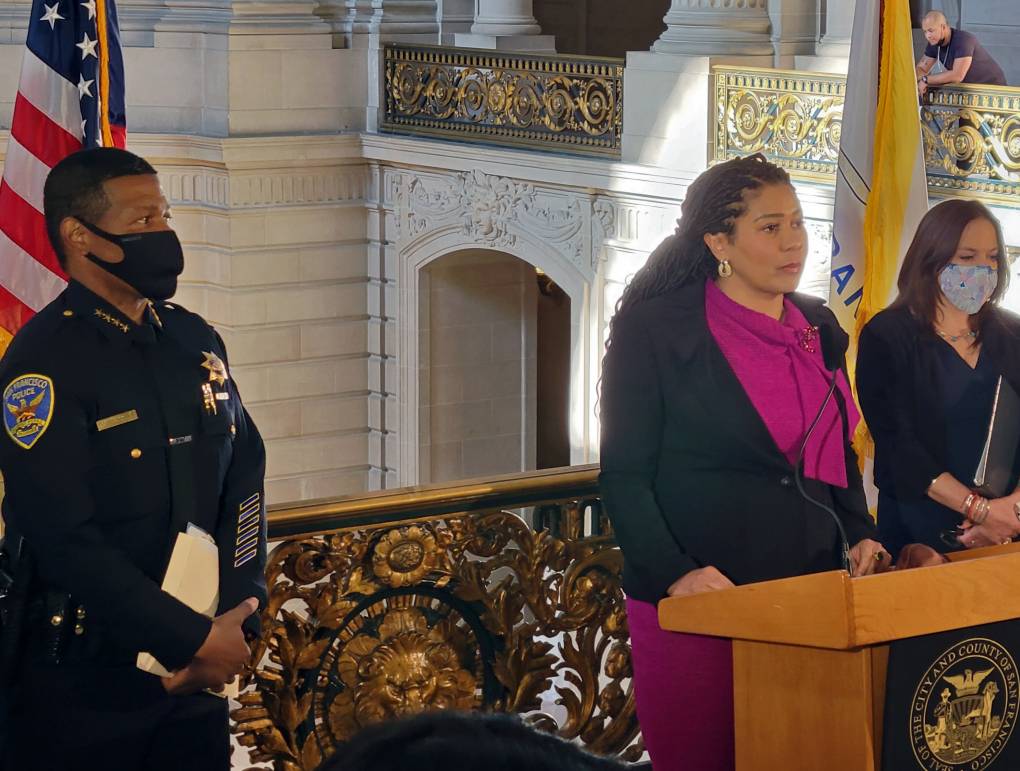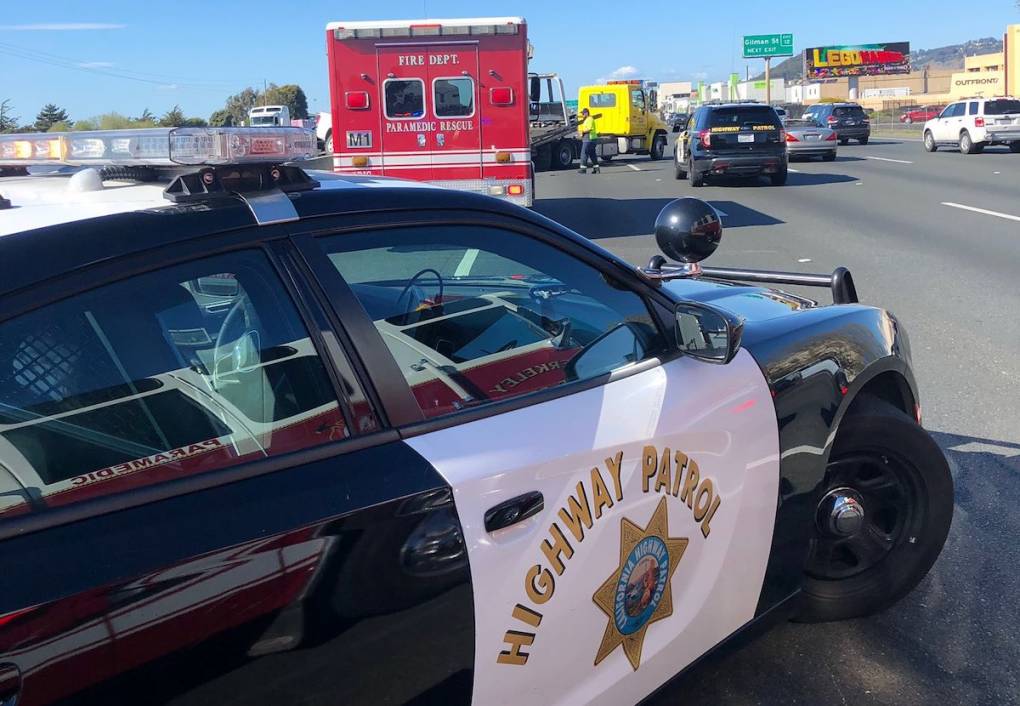Auto burglaries had become a particularly perplexing problem in the Bay Area, driving tourists away from some high-crime areas.
Newsom said he will also work with state lawmakers to improve highway camera technology to help solve crimes, and correspondingly boost highway patrols “based on real-time data.”
He emphasized that long-term crime rates in California have come down, but said California and other U.S. states have experienced a recent upswing in organized retail theft and violent crimes, including those involving firearms.
Homicides in California jumped 31% last year, while politically progressive Oakland recently reversed course on police defunding due to a surge in homicides and gun violence. And on Friday, San Francisco Mayor London Breed declared a state of emergency to confront crime in the Tenderloin.
The proposal to combat retail theft was hailed by the leaders of the California Retailers Association and California Chamber of Commerce.
“Californians have had enough,” said Jennifer Barrera, chamber president and CEO.
Newsom was joined by Alameda County District Attorney Nancy O’Malley — who warned that retail thieves “are terrorizing our communities” — and by Attorney General Rob Bonta, who was appointed by Newsom to the post to fill a vacancy.
Both Newsom and Bonta are Democrats seeking reelection next year and Republicans already are making crime a campaign issue.
Newsom earlier this week pledged that his January budget will propose at least $100 million in local grants to remove garbage and beautify public spaces associated with homelessness, another important campaign theme.



